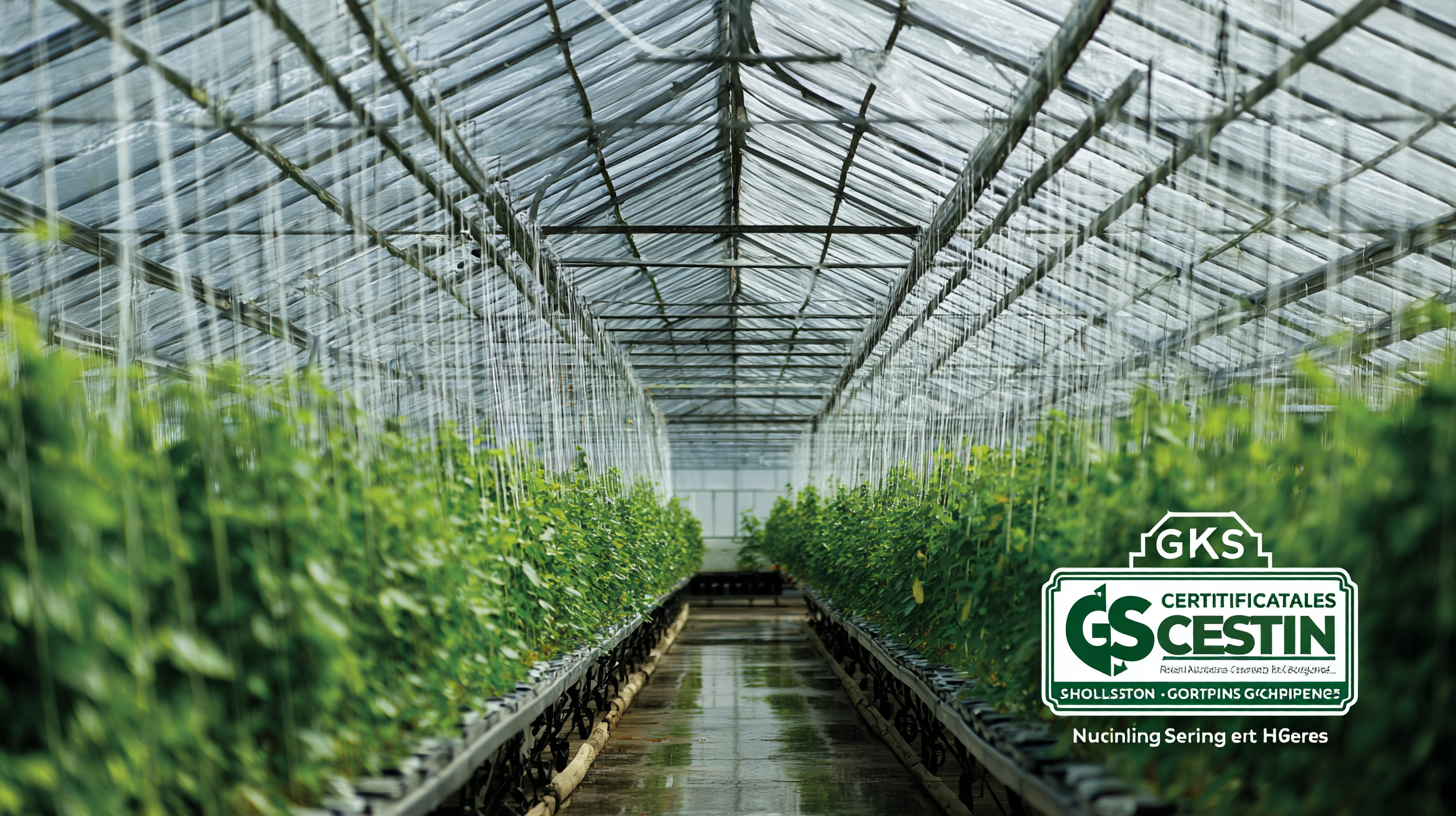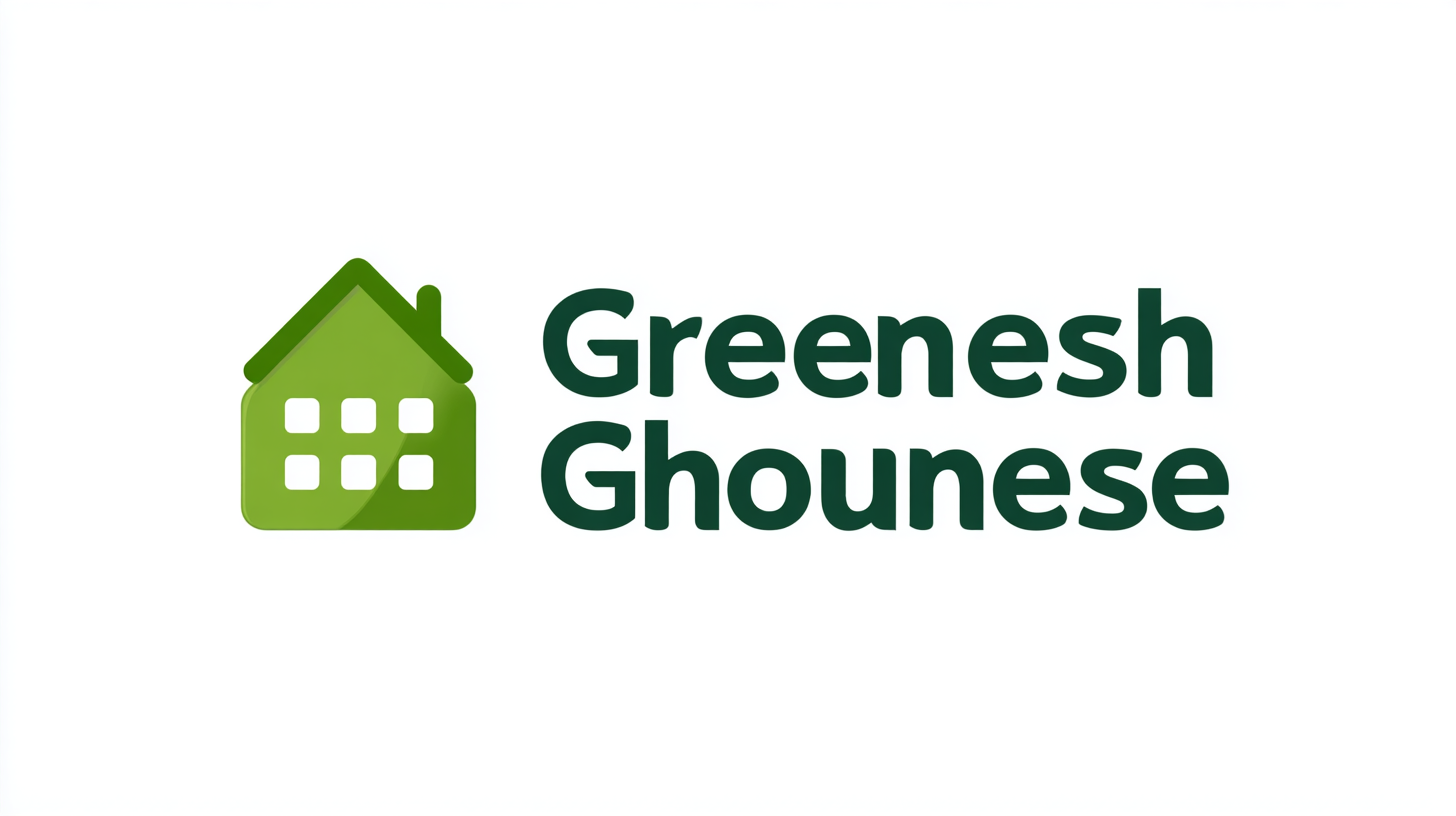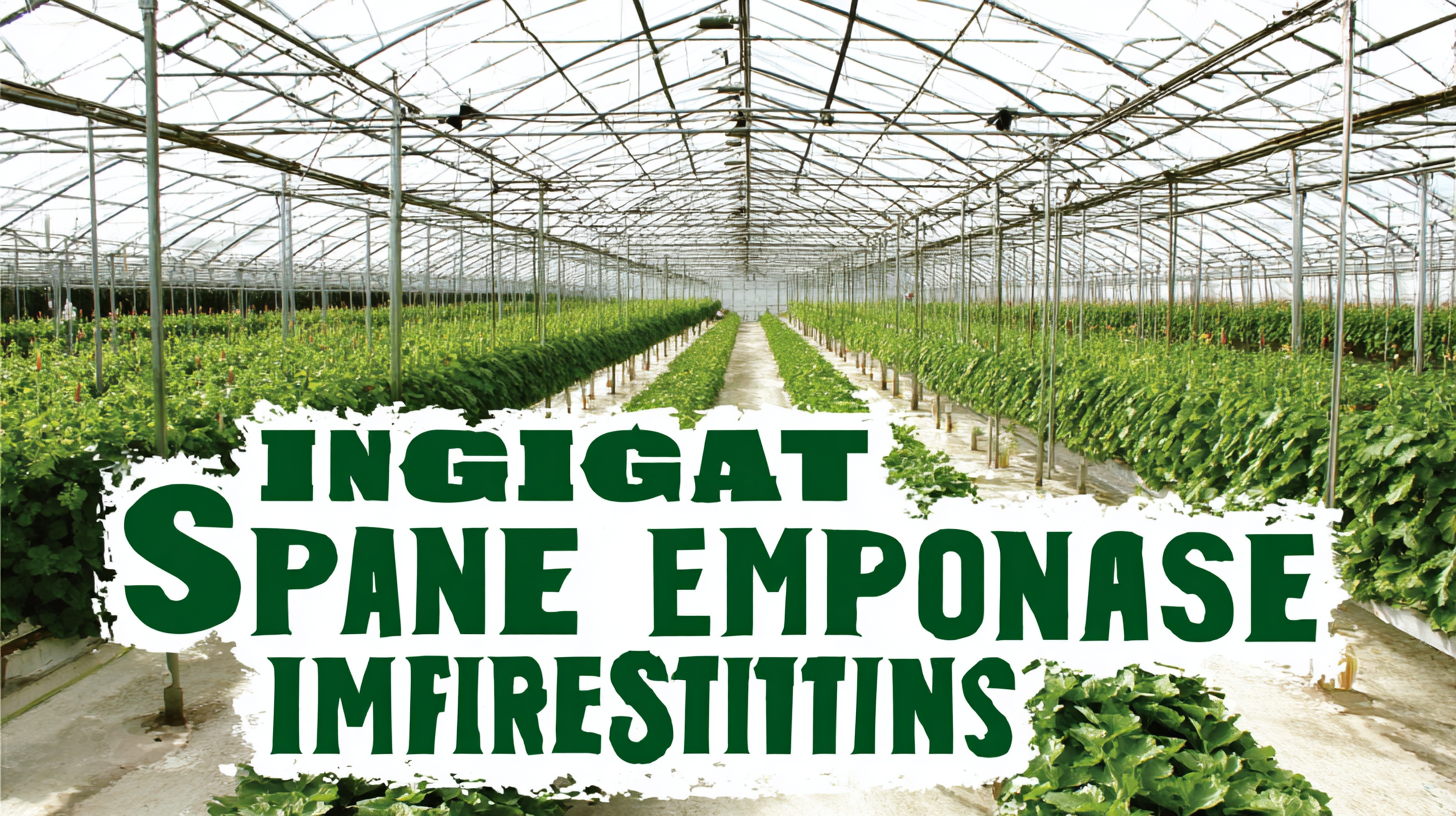
Navigating Import Export Certifications for the Best Single Span Greenhouse Success
The global greenhouse market is witnessing significant growth, with the demand for efficient and innovative agricultural solutions on the rise. According to a recent report by Grand View Research, the global greenhouse market was valued at USD 26.5 billion in 2021 and is expected to grow at a compound annual growth rate (CAGR) of 8.8% from 2022 to 2030.

Among various greenhouse designs, the "Single Span Greenhouse" stands out for its versatility and cost-effectiveness, making it an ideal choice for both commercial production and small-scale farming. However, navigating the complex landscape of import-export certifications is crucial for ensuring compliance and maximizing the success of these structures.
As the industry evolves, understanding the regulatory frameworks and acquiring the right certifications will empower growers to enhance productivity, ensure quality, and capitalize on market opportunities in the thriving greenhouse sector.
Understanding Import Export Certifications: Essential for Greenhouse Success
Navigating the complex landscape of import export certifications is crucial for the success of single span greenhouses. Research shows that the global greenhouse market is expected to reach $34.5 billion by 2025, with a CAGR of 10.5% from 2020 to 2025 (Market Research Future). For growers looking to tap into international markets, understanding the specific import and export certifications is essential. These certifications not only ensure compliance with local and international regulations but also enhance trust among consumers and stakeholders.
In the horticulture industry, certifications such as GlobalGAP and USDA Organic play vital roles in facilitating trade. A report from the Food and Agriculture Organization indicates that 80% of consumers prioritize certified products, underscoring the market advantage of obtaining appropriate certifications. Additionally, greenhouse operators must stay informed about phytosanitary requirements, as failure to comply can lead to costly delays and potential losses, with some studies estimating that non-compliance can result in up to a 25% drop in sales for uncertified products. Therefore, robust knowledge of import export certifications is not just beneficial; it is imperative for growers aiming to thrive in an increasingly competitive global marketplace.
Key Certifications to Consider for Single Span Greenhouse Operations
When operating a single span greenhouse, understanding and obtaining the appropriate certifications is crucial for ensuring compliance and optimizing success. One of the key certifications to consider is the Organic Certification, which guarantees that the products grown meet strict standards for organic farming practices. This certification not only enhances marketability but also appeals to an increasingly eco-conscious consumer base. Additionally, state-specific agricultural certifications often play a significant role in local compliance, assisting greenhouse operators in adhering to regulations that govern pest management, nutrient usage, and water conservation.
Another important certification to consider is the Good Agricultural Practices (GAP) certification. This is vital for facilities aiming to enhance food safety and quality while promoting sustainable agricultural practices. Achieving GAP certification involves a thorough evaluation of farming methods, production processes, and post-harvest handling. Furthermore, suppliers and distributors increasingly require these certifications, making them essential for successful partnerships within the agricultural supply chain. By prioritizing these certifications, single span greenhouse operators can not only ensure regulatory compliance but also position themselves for greater market access and consumer trust.
Step-by-Step Guide to Obtaining Necessary Certifications
Obtaining the necessary certifications for importing and exporting single span greenhouses can initially seem daunting. However, breaking down the process into manageable steps can ease some of the complexities involved. First, it's essential to understand the specific regulations that apply to your region and the countries you're dealing with. Research the types of certifications needed, such as agricultural, structural, or environmental compliance certifications, and gather information on the agencies responsible for issuing these approvals.
Once you have a grasp of the requirements, the next step is to prepare the documentation. This typically involves creating detailed technical specifications of your greenhouse, alongside any manufacturer certifications and compliance reports. Engaging with certification consultants can significantly streamline this process, as they can provide insights into the latest standards and assist with the submission process. After submitting your application, it's crucial to maintain communication with the certifying bodies and resolve any questions or issues that may arise to expedite your approvals. With careful planning and diligence, you can navigate the certification process smoothly, paving the way for the successful import and export of your greenhouses.

Common Challenges in Import Export Procedures for Greenhouses
Navigating the import and export procedures for single-span greenhouses can be daunting, particularly due to the complex certifications required for compliance. These challenges often commence at the regulatory level, where each country has its own set of rules governing agricultural imports. Importers may encounter difficulties in obtaining the necessary phytosanitary certificates, which serve as proof that products are free from pests and diseases. The absence of these key documents can lead to significant delays in the shipping process and potential financial loss.
Another common hurdle involves understanding the varied standards for materials used in greenhouse construction. Some countries may have specific requirements regarding the quality and safety of plastics and metals, creating confusion for exporters unfamiliar with these regulations. Moreover, fluctuating tariffs and duties can impact the overall cost, further complicating the financial planning of importers and exporters. To mitigate these challenges, businesses should prioritize thorough research and engage with experienced customs brokers who can provide invaluable guidance throughout the import-export process, ensuring a smoother and more efficient transaction experience.
Navigating Import Export Certifications for Greenhouse Success
Case Studies: Successful Greenhouse Operators Navigating Certifications
Navigating the complex landscape of import-export certifications is crucial for greenhouse operators aiming to ensure compliance and thrive in the competitive market. Case studies of successful greenhouse businesses reveal that acquiring the right certifications can significantly enhance both operational efficiency and market access. According to a report by the International Trade Centre, over 30% of greenhouse operators in the EU reported that obtaining necessary certifications helped them increase their customer base by more than 25%.

One compelling case study is of a Canadian greenhouse operator that focused on organic certification. By adhering to guidelines from the Canadian Organic Standards, they not only enhanced product quality but also gained access to premium markets, leading to a 40% increase in sales within a year. Another example comes from a US-based grower who successfully navigated the USDA's Good Agricultural Practices (GAP) certification, which resulted in a contract with a major grocery chain. This strategy not only diversified their revenue streams but also set a benchmark for quality, as research shows that certified products often command a 15-20% price premium in consumer markets. These cases underscore the importance of certifications in driving growth and establishing a reputable brand in the greenhouse sector.
